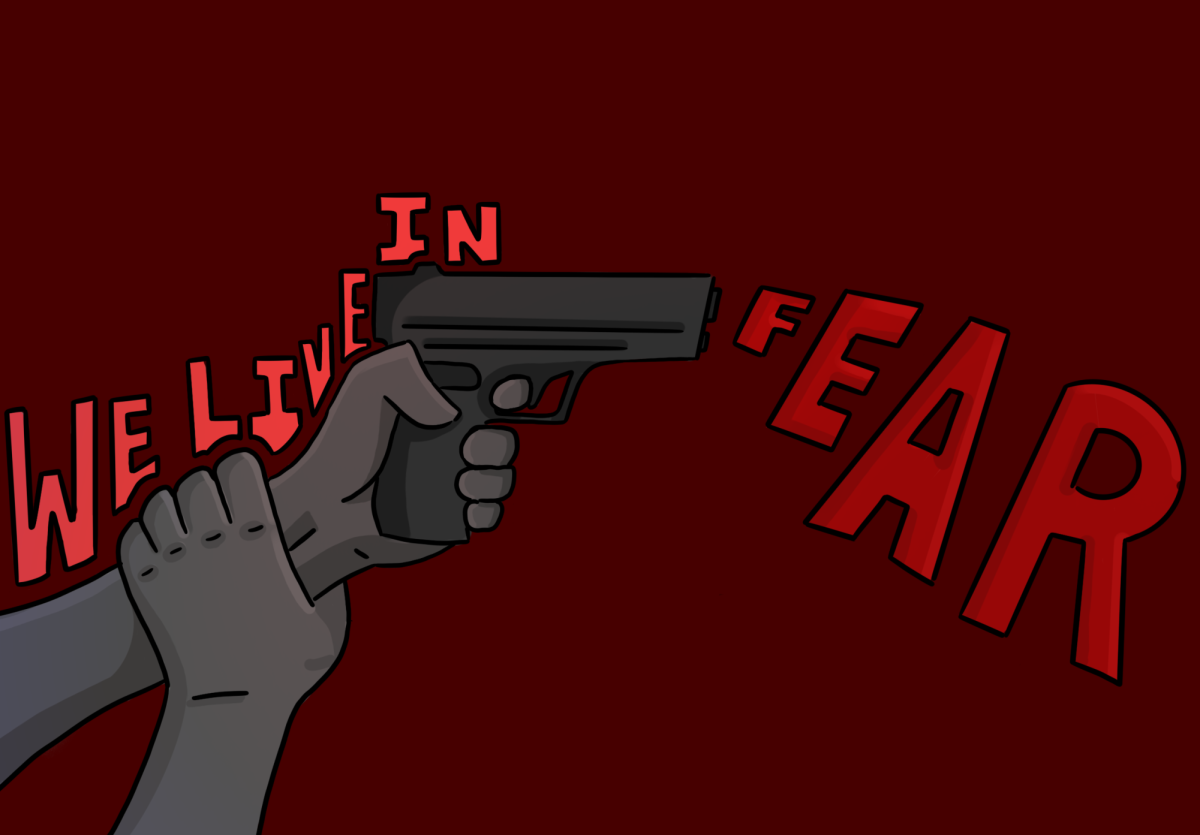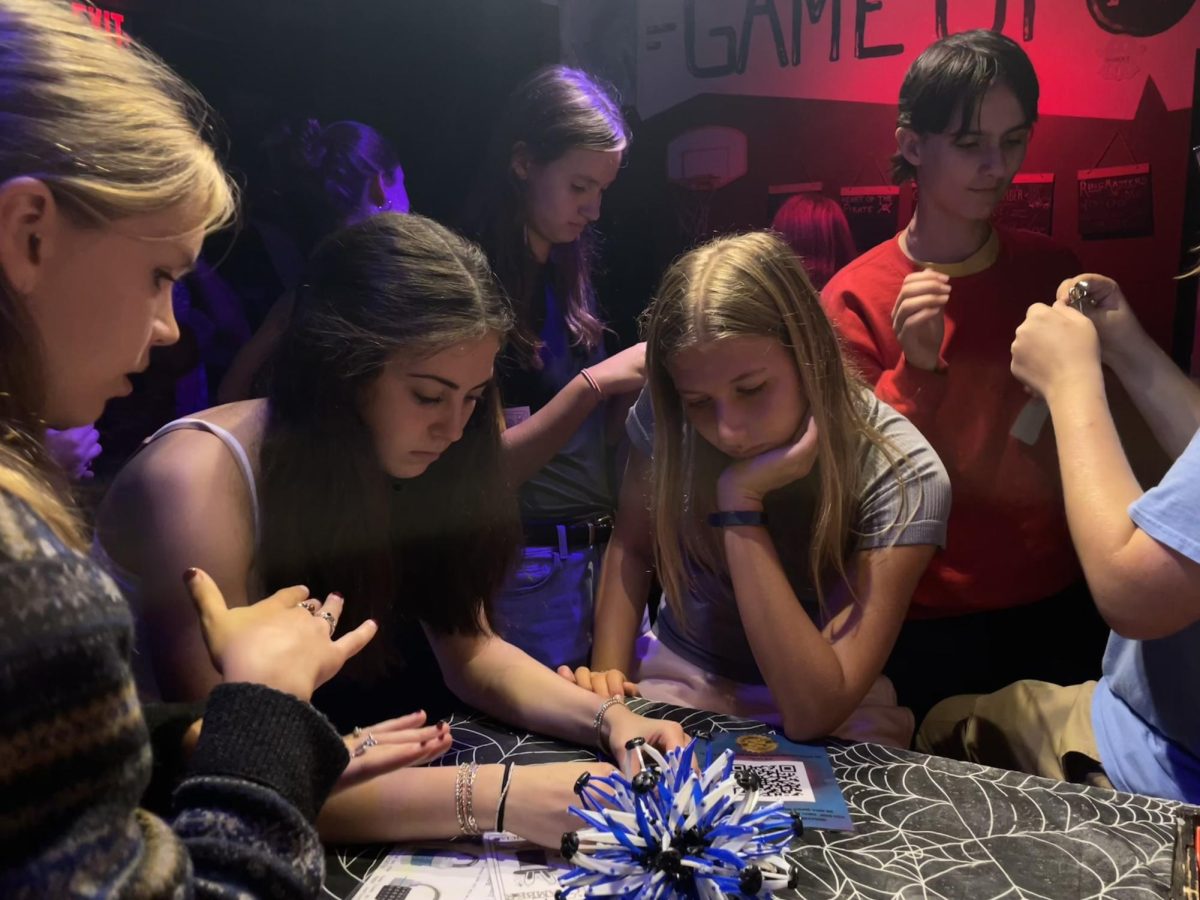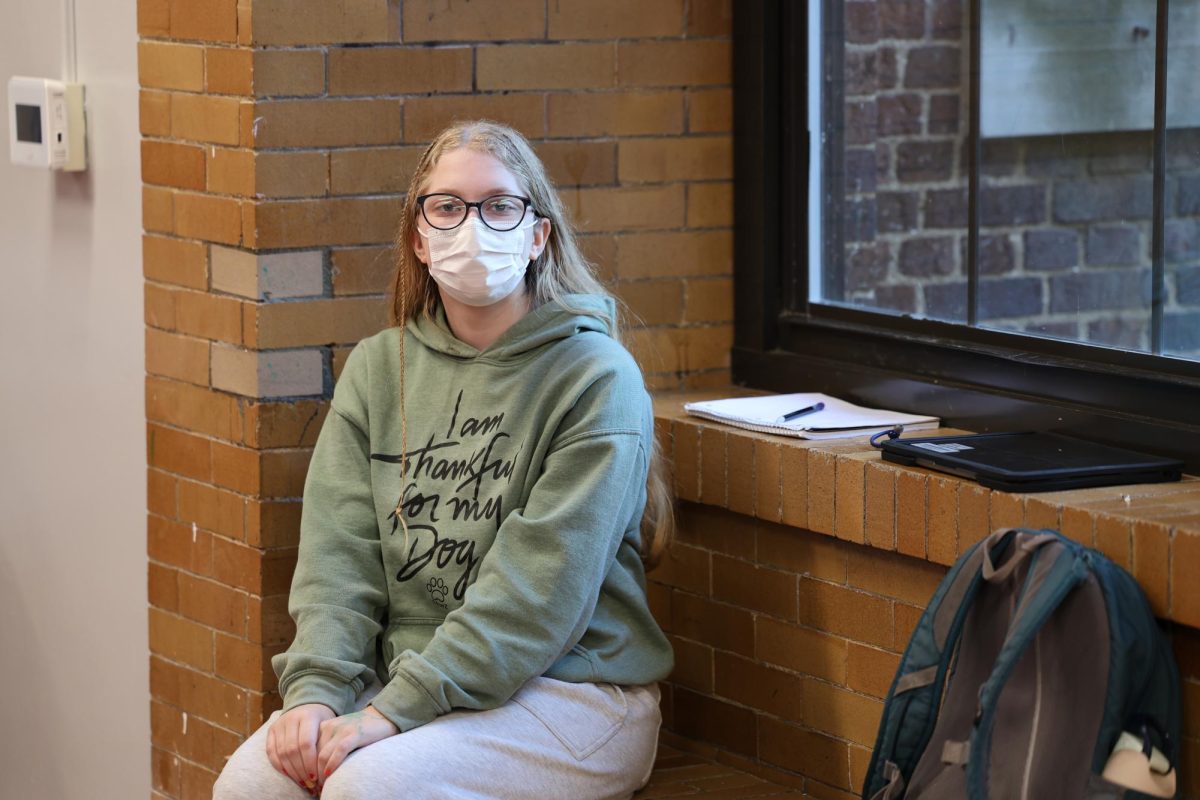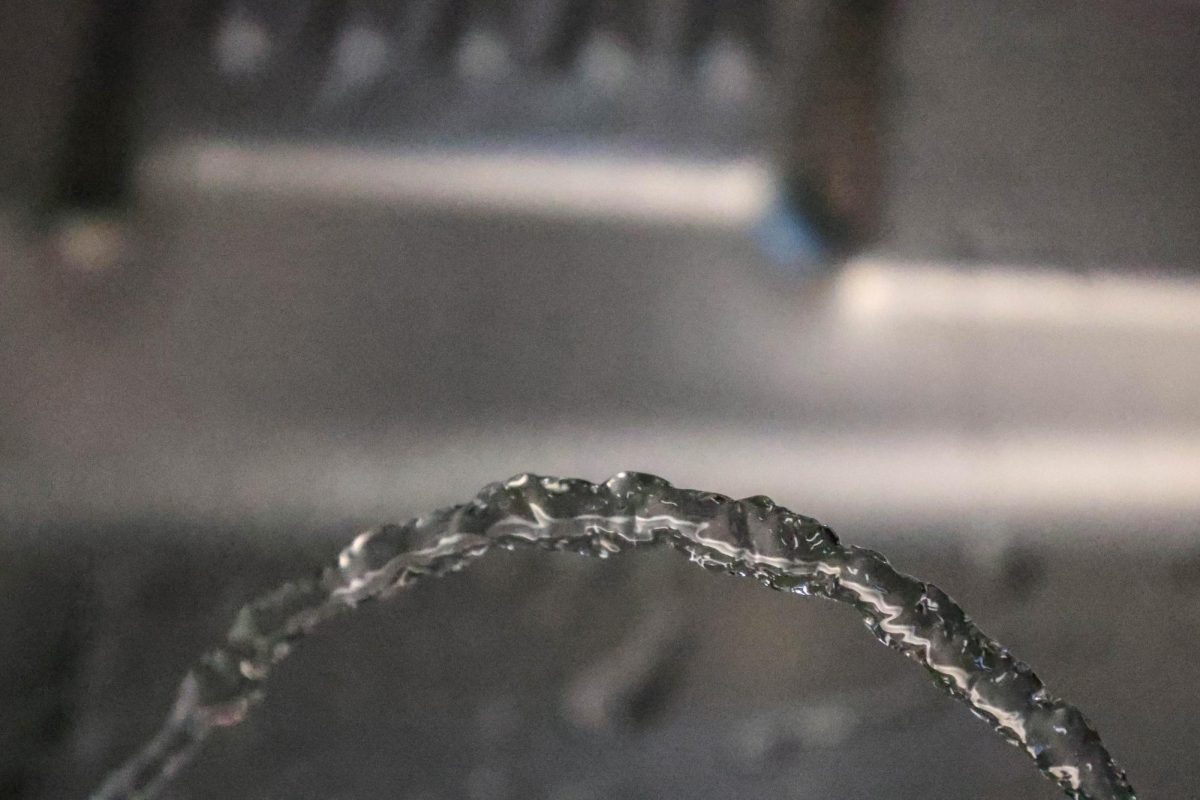Sports are often seen as the pinnacle of every high school experience. Each season introduces a new activity that consumes student life: football, basketball and volleyball, among numerous others. Undeniably, these sports are the dominant driver of school spirit, fostering a connection between players and drawing in crowds to form the student section at each game or meet. The chatter of upcoming rivalries bounces off classroom walls, but something far less spoken about is the toxicity of many athletic environments and the pressure put on students in them.
While getting to play and experience a team dynamic can be fun, the stress of performing well for themselves, as well as their coaches, teammates, parents, and school, can quickly catch up to many student-athletes. Even those who once found joy in their sport are not immune to these burdens. For Elizabeth Clark, who played volleyball for four years, this experience hits home.
“I used to really like it, and I would always be excited to go to practice, but then I started realizing that I was getting less and less excited,” Clark said. Further, Ellena Biermann, a junior who found her love for basketball at the age of six, determined that her view of the sport began to change as she entered high school.
“The atmosphere is very different from middle school and grade school,” Biermann said. “I think it’s more committed, but also there’s a lot more judgment, and sometimes the coaching isn’t always what you expect.”
It is not rare for individuals to tie their self-worth to the numbers on a scoreboard or playing time, and while ambition is important, athletes often set unrealistic expectations for themselves, failing to remember that mistakes are part of being human. Even the joy of victory seems temporary when there will always be the next game to win, a person to impress or a skill to master. Coaches and teammates can add to this toxicity by pushing athletes to excel or compete for recognition, making it hard for players to separate their performance from their self-image.
Oftentimes, taking a step away from their sport can allow students to pour into other interests. Pent-up stress, whether self-inflicted or from external pressures, can be relieved as they diverge onto a path of new beginnings. For Clark, distancing herself from volleyball did just this.
“It just felt like a weight was taken off my shoulders,” Clark said.
Whether leaning into art, theater, a club at school, or simply a sport different from the one before, these fresh starts open a window for personal exploration and can help rebuild the confidence, self-image, and overall mental state of individuals who have felt the destructive effects of athletics. Biermann further touches on her experience after quitting basketball, revealing the activity she picked up in her newfound free time.
“I started boxing about six months ago, I have a background in martial arts so I kind of already had an idea of what I wanted to do, but I really liked that,” Biermann said. “The whole atmosphere is super positive, and I really like the community there.”
Sports are a huge part of student life, but they don’t define everything. Sure, the wins, crowds and competitions can be exciting, but behind closed doors, many of the same players whose smiles light up the court are dealing with immense loads of pressure. High school is not just about impressing coaches or teammates, it’s a time to discover your worth and cultivate the things that truly bring you joy. The truth, no matter how difficult, is that opening up to new interests can prove to be one of the healthiest decisions a person can make for themselves. It serves as a reminder that in the end, finding what’s best for you is the only game truly worth winning.

















